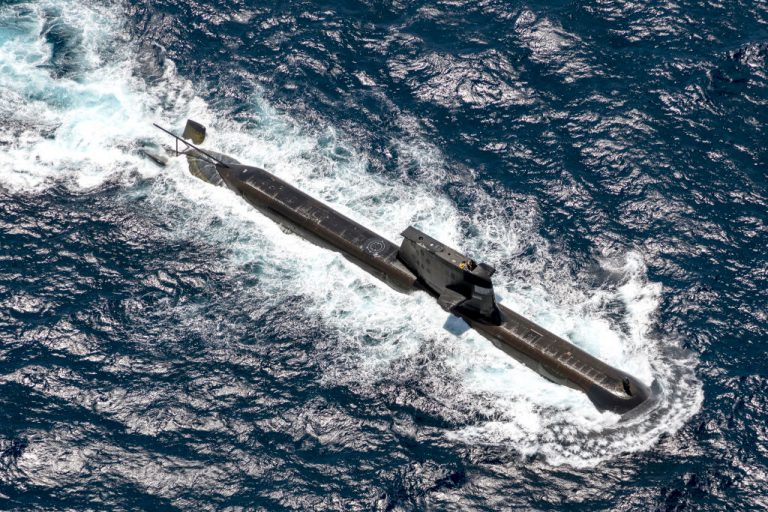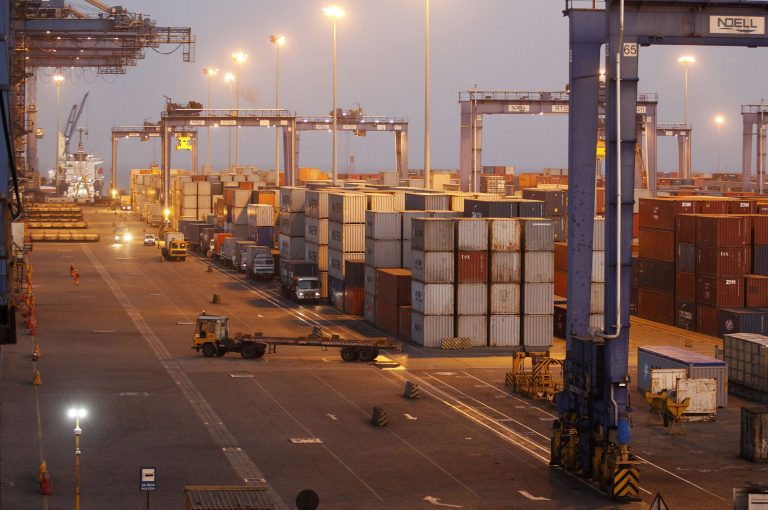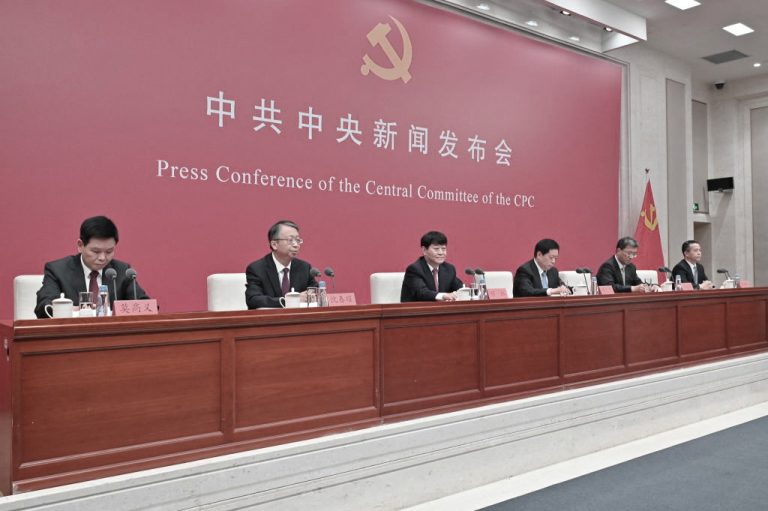China and the United States are facing off in an arms race as the two nations compete for maximum global influence. However, in this battle, the Chinese might not be able to win against America, according to Minxin Pei, a professor of government at Claremont McKenna College.
In an article published by Bloomberg, Pei argues that Beijing is following the same path that led to the end of the Soviet Union; engaging in a costly arms race with the United States. In the past, Soviet leaders kept allocating more and more resources into weaponry as they were afraid America would strike first, fears, which in retrospect, were “totally unfounded.” according to Pei.
Today, China is in a similar position as the Soviet leaders once were. The recent U.S. decision to arm Australia with nuclear-powered attack submarines effectively challenges China to a “likely astronomically expensive” arms race. Each submarine costs approximately $US3.45 billion.
To match American prowess would require China boosting its defense spending massively. Add in the other three members of the Quad alliance, which includes India, Australia, and Japan, the money needed to match their combined defense spending would put a heavy financial burden on China.
Pei calculates that if each member of the Quad alliance spends three percent of their combined GDP on defense, it would amount to $900 billion for their military’s. China only spent $250 billion on defense last year, meaning that Beijing would have to quadruple its military budget to match the America-led Quad military strength.
Success
You are now signed up for our newsletter
Success
Check your email to complete sign up
Moreover, the U.S. has an edge when it comes to military technology.
Pei believes that the best path forward for China to protect its interests is to settle disputes with neighbors. “With mutual distrust and animosity spiraling to dangerous levels, it’s equally important for China to start engaging the U.S. again. President Xi Jinping should shed his apparent reluctance to meet with President Joe Biden. Only diplomatic engagement at the highest level can slow the vicious cycle that is increasingly militarizing U.S.-China competition,” Pei wrote.
In an interview with The Epoch Times, Taiwan Society of International Law deputy secretary-general, Ting-hui Lin, pointed out that the CCP’s recent crackdown on the tech sector is linked to its military needs. Lin feels that the crackdown is an indication that the communist regime is in a financial crisis.
“To confront the U.S. in the long term inevitably needs huge capital… The CCP’s recent crackdown on the wealthy Chinese is to prepare financially for its military buildup and the coming confrontation with the U.S,” Lin said.
However, he does not think China will collapse like the Soviet Union since it is a big consumer market that keeps attracting foreign investment.
Meanwhile, the U.S. is also boosting its defense spending. While speaking to Defense News, Frank Kendall, the new secretary of the United States Air Force, revealed that he will be seeking more funds to build next-gen technologies.
He believes that the Air Force has been “overly constrained” and that they haven’t been allowed to do what they “really need to do” to free up resources for use in other matters that are of higher priority. He points out that they have had a “hard time” getting congressional approval to retire older aircraft.
Kendall noted that China’s military modernization programs are “moving faster” than he had anticipated. He believes that technologies like the F-35′s Block 4 upgrade that adds on new sensors and weapons while also boosting its computing power have the potential to seriously threaten China.
“We’ve got a few things that are in the pipeline that have not been revealed to the public yet, that I can’t talk about… One that has been revealed in part is the B-21 bomber. I think that’s going to be something that will be intimidating, it’s going to be very capable. And there are a few others like that that are coming down the pipeline. … But I think we have to be continuously thinking about other things that will be intimidating to our future enemies,” Kendall said.







